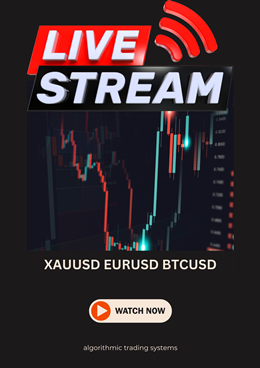1. Futures Trading Requires Relatively Small Start-Up Capital
Typically, one can get started in futures trading for as little as $10,000. In some cases less capital is required. Many professionally managed trading pools require from $2,500 to $5,000 for participation. While most traders are not successful when starting with limited capital, this is one way to get your foot in the door.Futures options trading requires even less capital. Therefore, it is possible for the individual to begin with an even smaller amount of capital. In. most other areas, considerably greater capital is required.The small amount of capital can work for or against you -- most often against you.
2. Leverage is Immense
The typical futures contract can be bought or sold for one to three percent of its total value. For example, a 100-troy-ounce gold contract at $400 per ounce ($40,000 cash value) can be bought for about $1,500-$2,000.The balance of the money will, of course, be due if and when the contract is completed(i.e., when you take delivery).In the meantime, about $2,000 is controlling $40,000. In Treasury Bill futures, the
contract size is $1 million and the margin is about $2,500. In other words, you have
immense potential using small amounts of money.This can work for or against you. It is the goal of the futures trader to make leverage work in his or her favor.
3. Futures Markets Make Big Moves
Prices fluctuate dramatically almost every day. There is considerable opportunity to win or lose daily in futures trading. Many markets will permit potential returns of 100% or more per day on the required margin money (i.e., money required to buy or sell a contract).This, too, can work for or against you. Where there is great opportunity, there is often great risk as well.
4. Futures Markets are Very Liquid
By this I mean that it is possible to get into or out of a market very quickly. This is not so with many stock and real estate investments. Some speculative stocks rarely trade, and real estate is often hard to dispose of quickly.With futures transactions, as with active stock transactions, one can enter and exit within minutes, or even seconds. This makes the market ‘ideal’ for the speculator with limited capital.It is possible for the individual to begin with an even smaller amount of capital. In most other areas considerably greater capital is required. The small amount of capital can work for or against you -- most often against you.
5. There are not Many Secrets to Successful Trading
In some areas of investment, you need to know either the right people or the right inside information. While correct inside information can be very helpful in trading futures, success does not depend on such information. There are few secrets to successful trading.Good trading is a skill that can be learned and, in fact, be taught very specifically, objectively and successfully to those willing and able to learn. Virtually any individual with speculative capital, self-discipline and the motivation to succeed has an opportunity to do so in the futures markets -- but it’s not easy.
6. There are Many Futures Vehicles
In addition to the traditional buy and sell short positions, there are many vehicles in futures trading. These include options, spreads, option spreads, futures versus options positions and combinations of the above.
The bottom line of all futures trading is to either make money or to keep from losing it. The futures markets provide an excellent vehicle for doing this.

 Events
Events Blog
Blog













